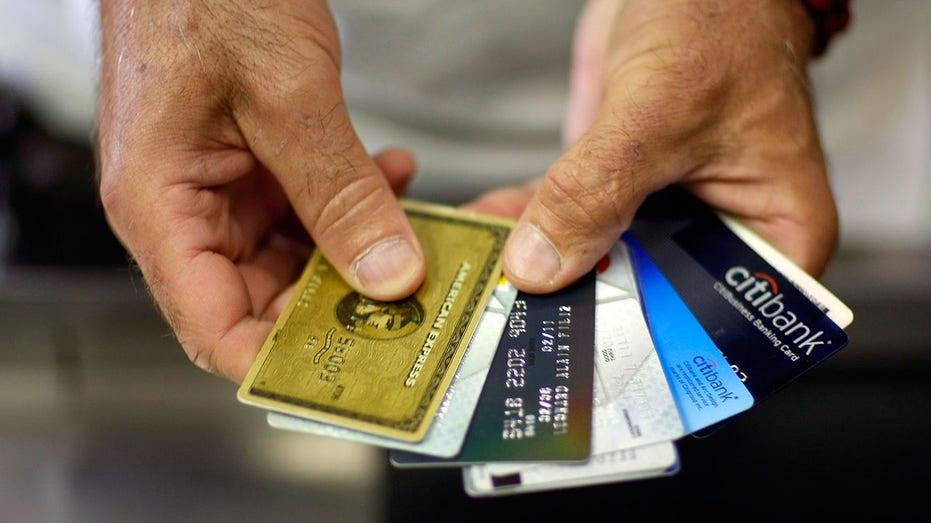A federal judge threw out a U.S. Consumer Financial Protection Bureau (CFPB) rule Tuesday that capped all credit card late fees at $8.
U.S. District Judge Mark Pittman of the U.S. District Court for the Northern District of Texas approved a joint motion from a coalition of six business and banking groups, including the American Bankers Association (ABA) and the CFPB to scrap the rule, which was established last year.
The ABA and the U.S. Chamber of Commerce were among the plaintiffs that challenged the rule in U.S. District Court for Northern Texas, arguing the bureau exceeded its statutory authority.
NEW RULE LIMITS BANK OVERDRAFT FEES: WHAT TO KNOW
According to court documents, the groups argued the rule violated the Credit Card Accountability and Disclosure Act and Administrative Procedure Act by prohibiting card issuers from charging fees that were “reasonable and proportional to violations.”
The rule was initially established in March 2024 by the Biden administration. At the time, the CFPB estimated the rule would save families more than $10 billion in late fees annually by reducing the typical late fee that averages $32 to a maximum of $8. That amounts to an average savings of roughly $220 per year for the 45 million people charged late fees.
DOJ SUES VISA OVER DEBIT CARD MARKET MONOPOLY
Bankrate Senior Industry Analyst Ted Rossman told FOX Business this was widely expected given the change in presidential administrations and the related cutbacks at the CFPB.
Here’s how this affects consumers:
Rossman said that while this rule would have benefited credit card holders who pay late, “they would have paid for it in other ways.”

According to Rossman, credit card issuers would have raised other fees or even cut back on some perks like rewards.
“In fact, some issuers preemptively raised other fees to guard against the potential loss of late fee revenue, and those higher fees might remain in place anyway,” Rossman said.
According to Bankrate, 33% of cardholders were charged a late fee in 2020, and nearly half of them, about 47%, asked to have it waived. Among those who made the request, 82% received some form of relief. About 45% had all fees waived, while 37% had at least one waived, according to Bankrate.

The ABA said in a statement Tuesday that if the rule went into effect, it would have “resulted in more late payments, lower credit scores, higher interest rates and reduced credit access for those who need it most.”
The group added that it also would have “penalized the millions of Americans who pay their credit card bills on time and reduced important incentives for consumers to manage their finances.”
Read the full article here











